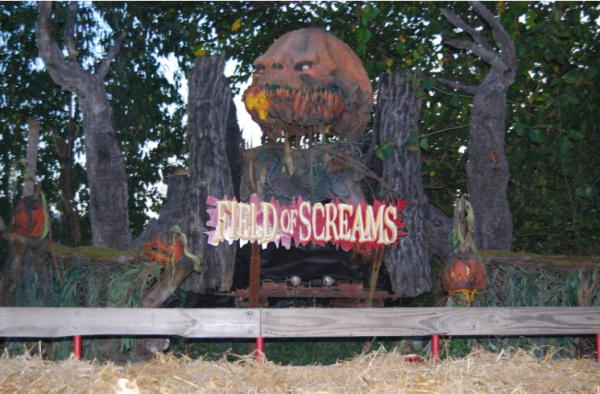Why do our brains fall for April Fool’s jokes? Are we THAT dumb?
On April Fools Day this year, what sorts of things did you or others fall for? In the past (and present!), April Fool’s Day has been a frenzy of the Loch Ness Monster Being Found and Left-Handed Whoppers from Burger King. Whatever the case, you must be thinking about how stupid our brains are; I mean, how else would they believe these tricks and hoaxes? According to Psychology Today, there are many reasons why this occurs. Let’s look at them with some detail, along with some of the best pranks of all time… that people actually fell for!
1. The Power of Suggestion

The “power of suggestion” refers to when your brain is influenced by a thought or idea that is introduced to you. For example, according to TIME, “On April 1, 1976, BBC Radio 2 astronomer Sir Patrick Moore gave listeners some bunk about how, at 9:47 a.m., Pluto and Jupiter would align in such a way as to temporarily reduce Earth’s gravity.” Listeners were told to jump at exactly 9:47 am to feel the experience of briefly floating. People called in and described their experience of floating to others,but it had all been fake. The Earth’s gravity wasn’t reduced, and yet people still believed that they had floated. Putting an idea into someone’s head like that can change the way our mind thinks, as seen here, so don’t go around believing everything you hear on the radio.
2. Complexity

If something is brought to our attention that is far too complex for us to wrap our head around, we simply believe it and say “Hey, I guess that’s true!” According to The Museum of Hoaxes, a Swedish technical expert, Kjell Stensson, told everyone that he had discovered a process in which to turn the black and white television screen into color. There was no color television invented yet, so people wanted to try out Stensson’s hack – which was putting a fine-meshed screen in front of the TV. As he did this on television, his reason and evidence was all very technical, and people didn’t really comprehend and just believed him, and went to put nylon stockings over their television sets. When it was announced that it all had been a trick, many admitted that they had fallen for it.

3. Our Sense of Identity
There are a lot of things out there that are meaningful to us, like a piece of art, genre of music, or the American Flag. They are essentially a part of who we are! So, when our brain processes that something like that is being taken away, we believe it – and get upset in the process. For example, according to Philly Voice, in
1996 it was announced that Taco Bell had bought the Liberty Bell, and renamed it
“The Taco Liberty Bell”. Now, this might sound preposterous, but because of its history and importance to people, they believed this and made furious phone calls to others, and people altogether began to question the country’s values! Soon, people realized that it was all a trick, and admitted that they had been deceived, but also showed how important that national treasure was to Americans. Another example of this sense of identity going to action would be of the time when the British were told that their beloved Big Ben was going digital… let’s just say that it didn’t end very well.
4. “We saw it with our own eyes!”

We’re all used to the saying, “I’ll believe it when I see it!”, but should you really believe everything you see? Take the instance when BBC managed to convince thousands of people that spaghetti grows on trees. The television
had a video that showed farmers harvesting the spaghetti and laying them out to dry in the sun. According to ATI, it also discussed the “spaghetti weevil”, the spaghetti tree’s biggest predator. Because people saw the tree with their own eyes on television (which was a new invention then), they believed it and called in, asking how they could get their hands on a spaghetti tree! They were told to “place a sprig of spaghetti in a tin of tomato sauce and hope for the best.” When BBC admitted that it was all a hoax, thousands of people were disappointed.
So, as you can see, many people through the ages have fallen for little tricks and pranks that have been introduced to them, due to the factors of suggestion, complexity, individuality, and the fact that we, well, saw it! Everyone is going to fall for a prank at one time or another, but that doesn’t mean your brain is stupid or that you’re gullible. It means that you cared about that thing/person, which isn’t a bad quality at all. If you have a funny or interesting story about a prank that you (or others) have fallen for, feel free to comment below! Happy April Fool’s Day!
MaryAnn is a sophomore this year, and this is her second year writing for the CUB. She's always looking for an interesting or strange event to tell...




















